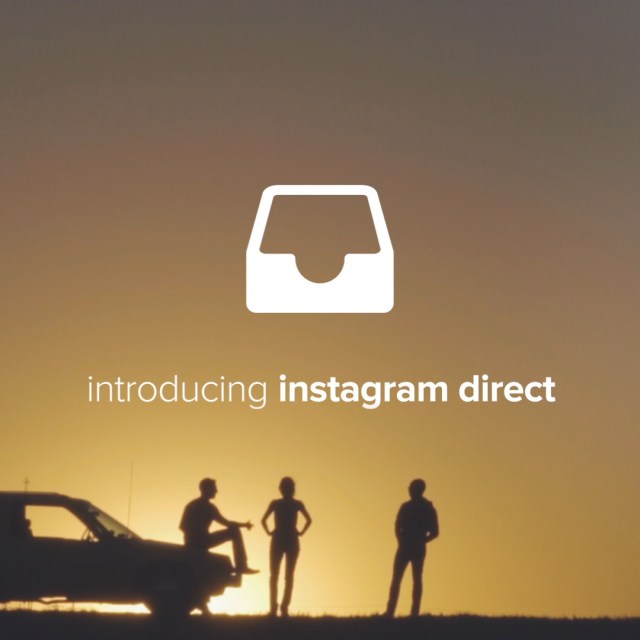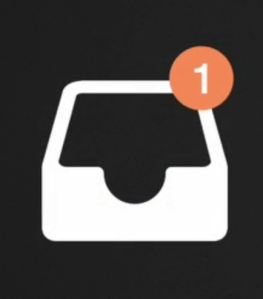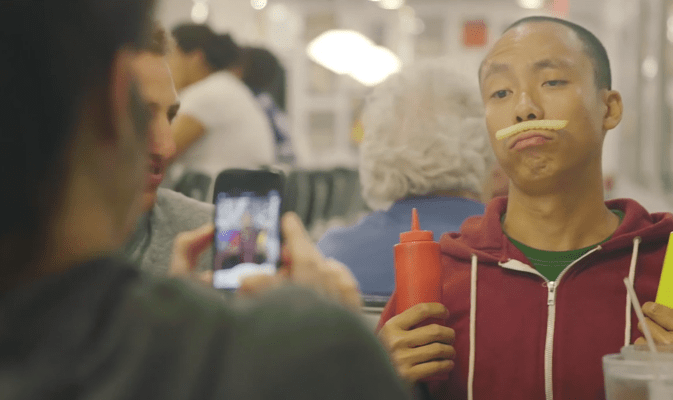My friends aren’t using Instagram Direct, at least not yet. I’ve received just two IGD messages since it launched Thursday. In the meantime, over 20 close friends I regularly message with elsewhere have posted publicly to Instagram, and I’ve received about 60 Snapchat Snaps from 18 different people. It’s obviously early, but right now, I’m more inclined to bet against Instagram Direct than on it.
Yes, this is all anecdotal, but I have a few theories to back it up.
It’s not that you can’t teach an old dog new tricks. I’ve seen pretty strong adoption of Instagram Video in my network. It’s that you can’t teach an old dog to be a cat.
Instagram found a place in our hearts as an app for broadcasting moments. Take a photo (or later a video) and share it publicly, and specifically, to people who follow you. Now Instagram wants us to use it for private sharing. Take a photo or video and send it to one person or a small group. Those are entirely distinct species of communication.
 Convincing a userbase to break their ingrained behavior pattern and use an app for something completely different is a tough sell. And it’s a lot tougher if that “something different” is actually “something you can do elsewhere”.
Convincing a userbase to break their ingrained behavior pattern and use an app for something completely different is a tough sell. And it’s a lot tougher if that “something different” is actually “something you can do elsewhere”.
If I want to share a photo with a few friends, I can text it, email it, or Facebook message it. These each let me get friends’ reactions and have a conversation around the photo. In fact, they’re all more flexible than Instagram Direct in that I can reply with another photo — the absence of that feature is my biggest gripe about IDG. It also suffers from a creation interface that’s too slow for sharing to such a limited audience. Filtering and adding a witty caption bog down the flow, making Instagram Direct too time intensive to be a rapid-fire visual communication tool.
And of course, if I want to private message someone a photo or video, I can Snapchat them. Snapchat has carved out a purpose and following with ephemerality — something that’s actually different. I can’t send a photo that disappears with any other major messaging service, so I go to Snapchat when I have something silly or racy to share.
So really, the problem is that Instagram Direct is too different from Instagram, and not different enough from everything else.
You’d think Facebook would have learned these lessons. Poke, its attempt at visual communication and beating Snapchat failed because it both demanded we change our behavior but didn’t offer something new. When we think of Facebook, we think of sharing something permanently, either on our timeline or in a message. Ephemeral messaging through Facebook didn’t feel entirely natural, and the company’s history of privacy stumbles made it hard to trust with such sensitive content. Meanwhile Poke was just a blatant Snapchat clone without much unique value to add.
 Last week I argued that if Instagram wasn’t building private messaging, it should have been. It may still be a product Instagram should have to try to capture as much total usage time as possible and box out competitors like Twitter and Snapchat. Direct may find a niche userbase that could grow as it iterates and starts to feel it better in the app. Again, it’s still early. And by “fail” I mean not capture a big portion of private photo sharing the way Instagram’s main product captured a big portion of public photo sharing.
Last week I argued that if Instagram wasn’t building private messaging, it should have been. It may still be a product Instagram should have to try to capture as much total usage time as possible and box out competitors like Twitter and Snapchat. Direct may find a niche userbase that could grow as it iterates and starts to feel it better in the app. Again, it’s still early. And by “fail” I mean not capture a big portion of private photo sharing the way Instagram’s main product captured a big portion of public photo sharing.
In its initial execution, Instagram Direct seems like a tacked-on alternative to broadcasting instead of a spacial complementary backchannel. Rather than letting you easily communicate back and forth with photos like a conversation or talk about photos already shared publicly, Instagram Direct messages are more like private posts with comment reels that don’t feel totally natural. Rather than providing an experience you can’t get anywhere else, it’s currently just another way to do the same.
Instagram changed photography by attaching a social network to the camera itself. Instagram Direct hasn’t because we’ve had a phone attached to our cameras for a while now.
